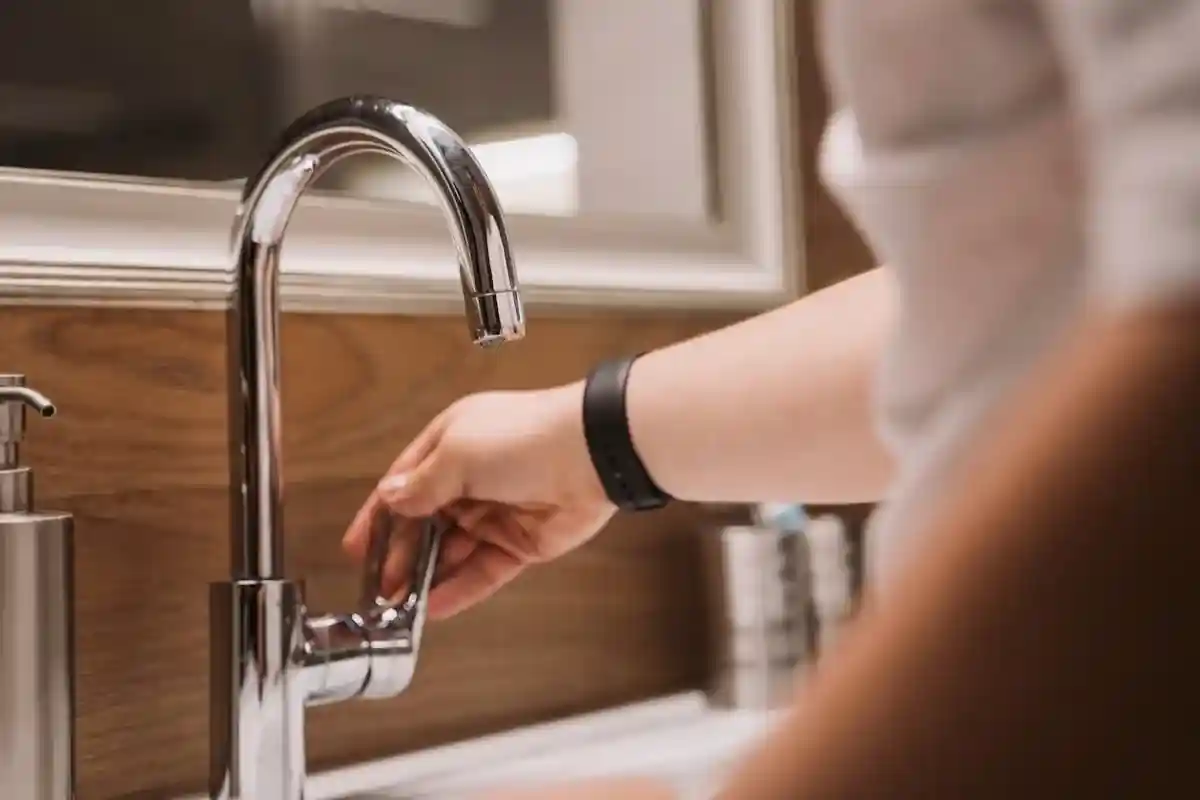Call us at...
Richard T. Curley
Richard T. Curley
Richard T. Curley
PLUMBING & HEATING

In Hudson homes, plumbing issues can range from minor annoyances to significant repairs. Being aware of these most frequent issues can save time, money, and stress for homeowners. Let us go over the most typical plumbing issues you may encounter in your Hudson home.
Leaky Faucets and Pipes
Leaks in pipes and under sinks are some of the most common problems faced by Hudson homeowners. These leaks not only waste water but can make your utility bills rise as well.
The constant drip of a leaky faucet can be aggravating, but it is also more than just a nuisance. Over time, the amount of wasted water piles up, impacting both the environment and your wallet.
The source of a leak is sometimes hard to find. Homeowners should look for water discoloration or moisture on the adjacent surfaces, which will indicate a hidden leak behind walls or under floors.
In most instances, it is easy to repair a leaky pipe or faucet and does not require a plumber, at least for small problems. Yet, if the issue does not stop or becomes complicated, it is prudent to call in a professional plumber.
Checking your plumbing fixtures regularly will help identify possible leaks sooner rather than later. Repairing small wear and tear immediately will ensure that they do not turn into expensive repairs.
Clogged Drains
Clogged drains are another frequent issue, typically caused by a buildup of hair, food, or fat. Regular simple cleaning can stave off these frustrating clogs.
While a plunger is what most homeowners may first grab, prevention starts long before a clog occurs. A sink strainer is an inexpensive investment that will easily catch particles before they cause a bigger problem.
If a drain becomes clogged, homeowners can try using a mixture of baking soda and vinegar as a less hazardous substitute for chemicals. In many cases, this will effectively and safely clear blockages.
For persistent cases, however, it is perhaps best to call a plumber. Plumbers have the right tools and expertise to handle obstinate clogs that could risk inflicting additional damage to pipes.
Other than food and hair, tree roots can also invade pipes underground and create major clogs. If you think that this is the situation, it’s best to have your plumbing system checked by a plumber who uses video tools.
Running Toilets
A running toilet is annoying and wasteful. It is most likely because of a broken flapper or a problem in the fill valve, and you should have it repaired immediately.
Homeowners are often unaware that a running toilet can waste gallons of water a day, which can lead to a substantial increase in their water bill. Early diagnosis of the issue can save waste and frustration.
In most instances, the issue can be resolved by replacing the flapper or adjusting the fill valve. These are often low-cost parts and readily available at home repair stores.
Another contributing factor to a running toilet can be outdated plumbing mechanisms. If your toilet is older, considering an upgrade to a more efficient model could save water and money in the long run.
Lastly, regular inspections of your toilet can help in identifying such problems before they escalate. Being proactive can prevent unnecessary water waste and keep your plumbing system running smoothly.
Water Heater Problems
Water heater problems, like fluctuating temperatures or leaks, are prevalent in most Hudson households. Your water heater can last longer and provide hot water on demand with regular maintenance.
Homeowners need to watch out for symptoms of issues, which may be random temperature changes and dirty-looking water. These symptoms can mean sediment accumulation or the requirement for professional servicing.
One of the issues with water heaters is sediment accumulating on the bottom of the tank. Flushing your water heater every year can keep it operating efficiently and avoid damage.
It may require some skill to diagnose water heater issues. For most homeowners, having a professional inspect the system every so often can keep it operating efficiently and safely.
In addition, it is vital to know the age of your water heater. Most models have a lifespan of roughly a decade; if yours is older, start making plans for a replacement to prevent emergencies further down the road.
Low Water Pressure
Low water pressure is inconvenient and more often than not an indication of blockages, leaks, or even problems with the city water supply. Finding the cause is the way to go about fixing this problem.
Before suspecting a serious issue, check if the problem is occurring throughout your whole house or just in some areas. This can be used to determine if the issue is system-wide or localized.
Low water pressure is sometimes due to a clogged showerhead or aerator. Regular cleaning and maintenance of these fixtures can be done to optimize water flow.
For further troubleshooting, consider whether new construction or repair activities in your area might be impacting the municipal supply. If this is the case, a call to your water supplier may be beneficial.
Occasionally, however, it may also be an indication of a more serious underlying issue in the plumbing system of your home, such as leaks in pipes. For persistent or severe loss of pressure, calling a plumbing technician is advisable.
Wrapping Up: Stay Proactive About Your Plumbing
Staying educated on common plumbing issues provides homeowners with the knowledge needed to identify and fix problems before they start. Most plumbing frustrations can be prevented through upkeep and proactiveness. If you are ever left in doubt, never be afraid to summon a professional for assistance.

